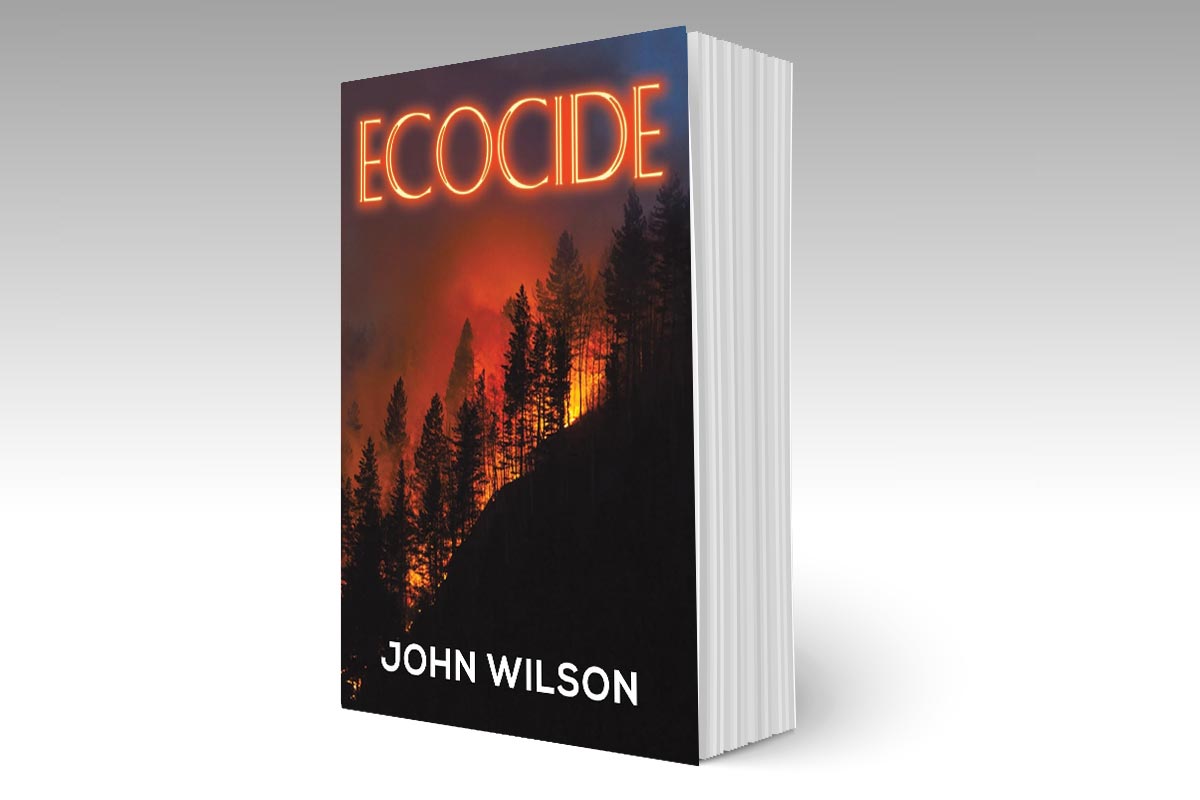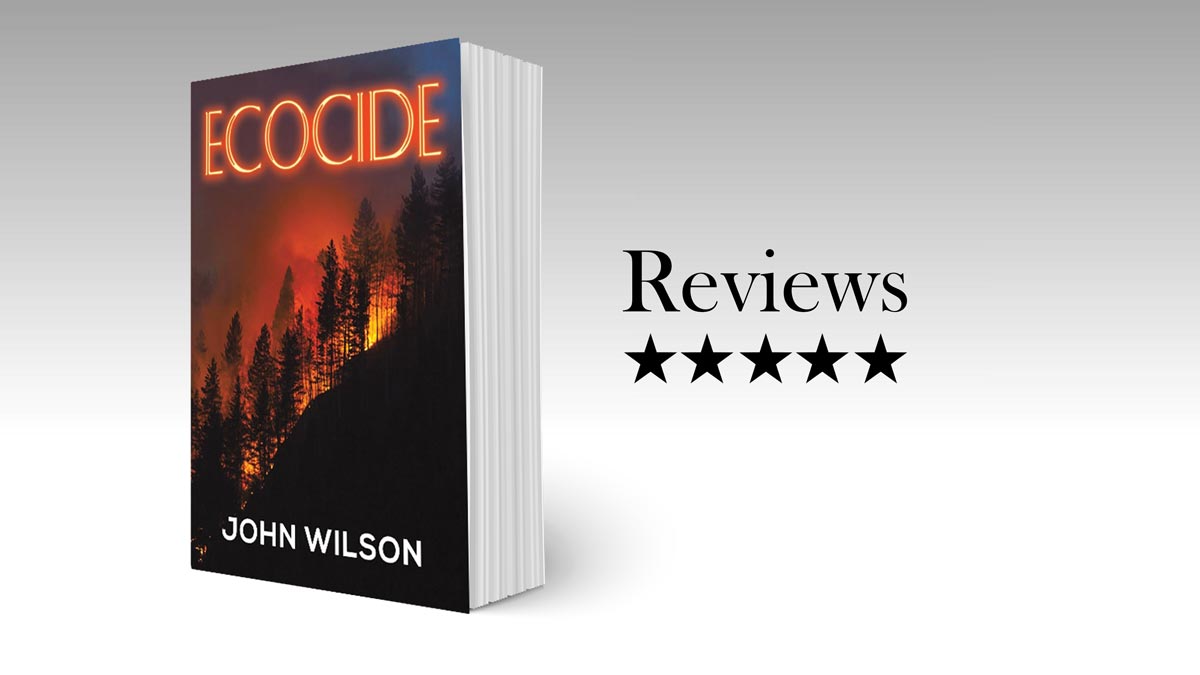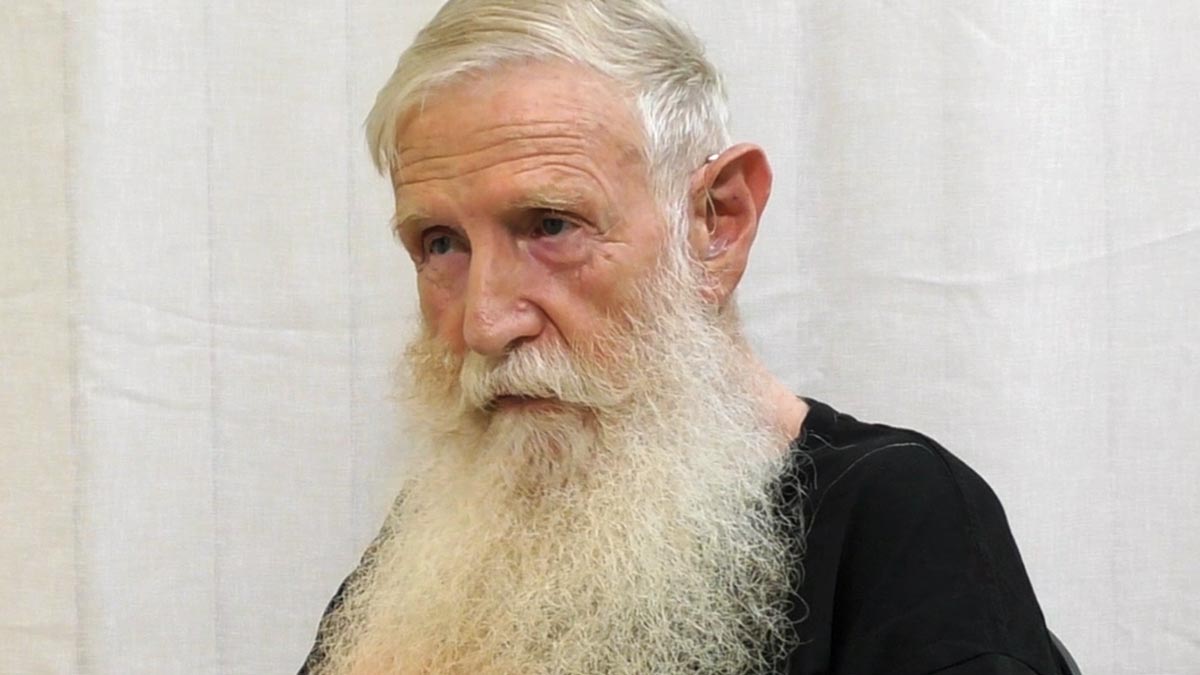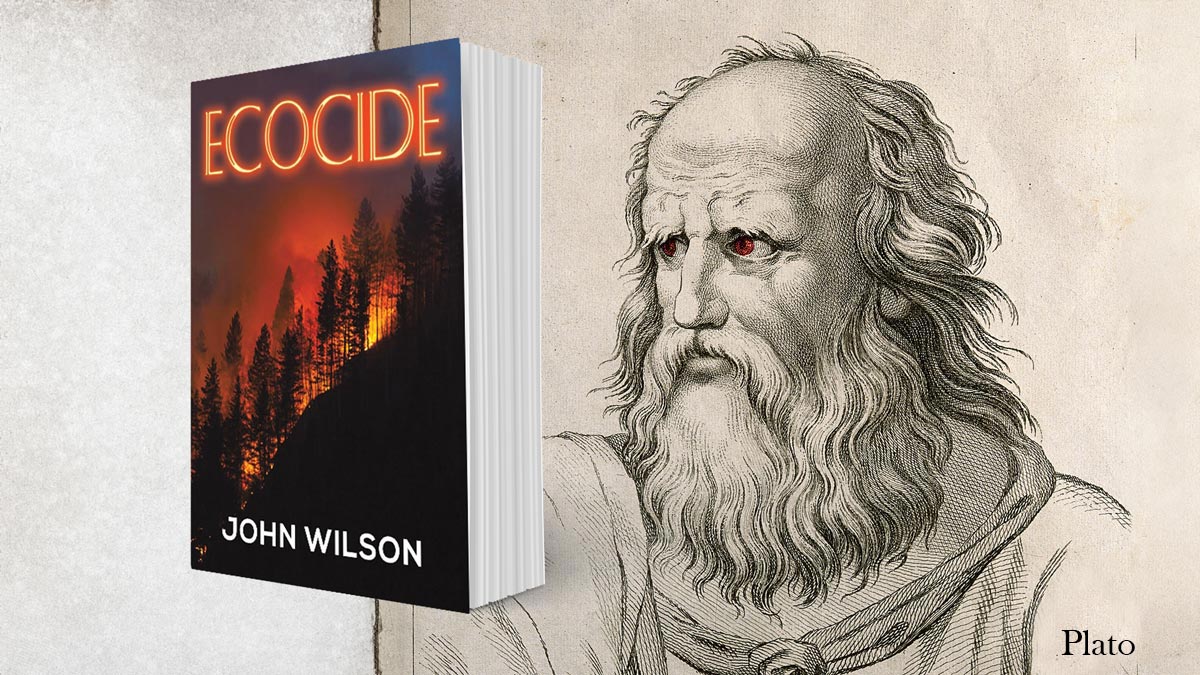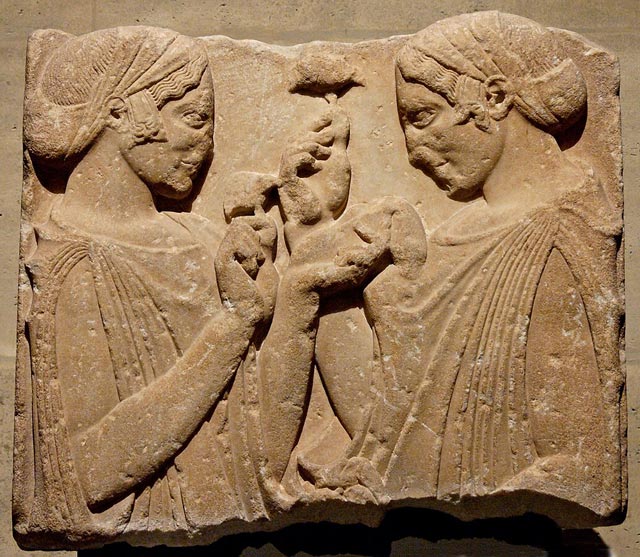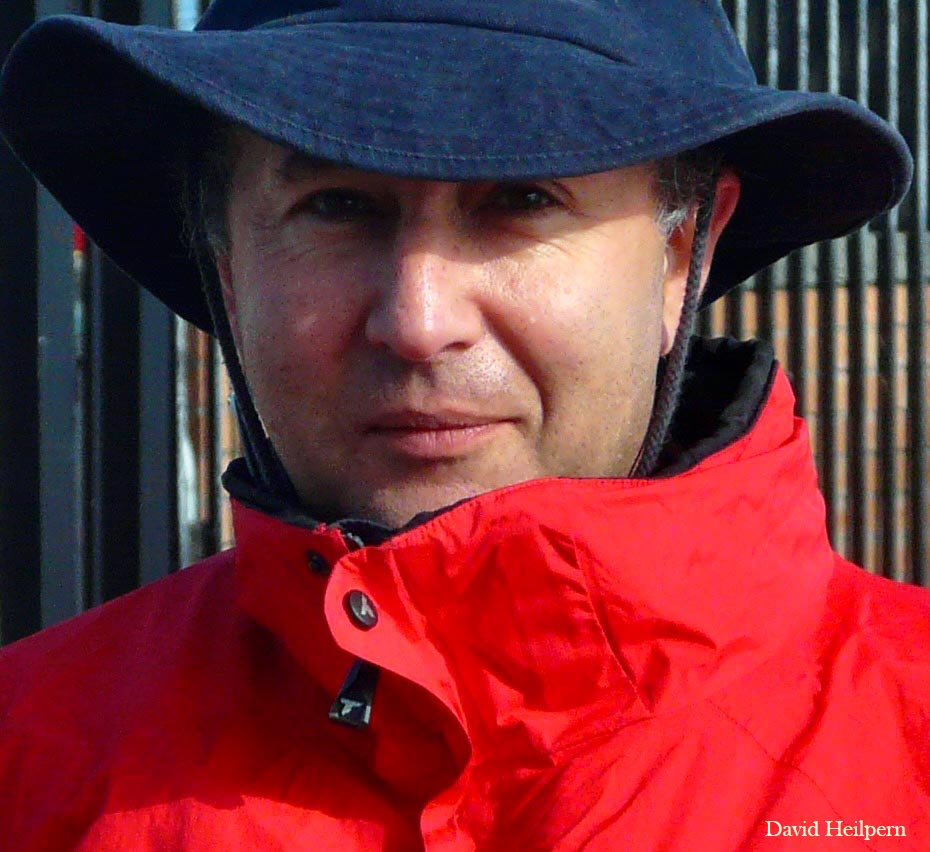Get the book
Google Play – eBook
Everand – eBook
Kobo – eBook
Amazon – Kindle / Paperback
Fishpond – Paperback
Our emerging ecological crisis is neither carbon dioxide, nor climate, but human psychology.
Our eco-destruction results from our ecocidal culture.
The informing principle of our ecocidal culture is its religion. The informing religion of our culture is Christianity.
The reason that Christianity has lasted so long is because it works for humanity. It works for humanity because it is human-centred. Of all known religions, by far the most human-centred is Christianity.
The human-centredness of Christianity, however, is at the cost of other species, and of ecology. That cost to other species and to our ecology is now becoming critical for the survival of our own species.
We have reached a moment in history at which we need to review the very basis of our culture right down to its Christian roots.
And beyond Christianity, to its pagan origins in the ancient tribal religion of Orphism and its Classical promotor, Plato.
For our very survival, this review is that radical. In reviewing our culture, the literature survey in this book, ‘Ecocide’, is a foundation document.
Get the book
Google Play – eBook
Everand – eBook
Kobo – eBook
Amazon – Kindle / Paperback
Fishpond – Paperback
Synopsis
The major determinant of global ecology overall, is human psychology. Psychology centres on the questionable notion of the psyche, or the religious soul. Pagan Orphic religious beliefs inherited from Plato entered Christian theology.
Ecocide traces the lineage of the soul from out of Africa’s primeval forests, across savannahs, deserts, and along the Nile into Central Asia, then to Gilgamesh, Homer, Orphism, and the ancient Mysteries, until war-torn Mediterranean city-states invoked the soul for social control. They made it divine immortal immaterial responsible and punishable forever in a fictitious afterlife.
Our story then traces the personal contacts through whom Plato’s philosophy of the religious soul entered Christian theology, both before and after the Emperor Constantine’s Council of Nicaea. Ecocide shows how that notion of the religious soul became integral with Western culture.
Central to religious belief, the questionable soul is now so entrenched that Dante, Chaucer, Michelangelo, Raphael, Shakespeare, and Descartes; and Protestants Donne, Milton, Newton, Goethe, Blake, Tennyson, Hegel, Browning and DH Lawrence used it – and not only poetically; despite the Buddha, Hume, Darwin, Marx, Freud, Sartre, de Beauvoir, Weber and Nietzsche rejecting it in philosophy, religion, politics, psychology and in ecology.
Recent discoveries and innovations in post-war Europe suggested positive alternatives, but brain science now negates both the religious soul and the secular self.
This critical review of Plato’s philosophy as the fatal foundation of Western culture matters because religious doctrine, informing Western culture, fosters human Narcissism, now wrecking global ecology.
Get the book
Google Play – eBook
Everand – eBook
Kobo – eBook
Amazon – Kindle / Paperback
Fishpond – Paperback
History of the religious soul
The major determinant of global ecology overall, is human psychology.
Psychology centres on the questionable notion of the psyche, or religious soul. Pagan Orphic religious beliefs inherited from Plato entered Christian theology.
Ecocide traces the lineage of the soul from out of Africa’s primeval forests, across savannahs, deserts, and along the Nile into Central Asia, then to Gilgamesh, Homer, Orphism, and the ancient Mysteries, until war-torn Mediterranean city-states invoked the soul for social control. They made it divine immortal immaterial responsible and punishable forever in a fictitious afterlife.
Our story then traces the personal contacts through whom Plato’s philosophy of the religious soul entered Christian theology, both before and after the Emperor Constantine’s Council of Nicaea.
Ecocide shows how that notion of the religious soul became integral with Western culture. Central to religious belief, the questionable soul is now so entrenched that Dante, Chaucer, Michelangelo, Raphael, shakespeare, and Descartes and Protestants Donne, Milton, Newton, Goethe, Blake, Tennyson, Hegel, Browning and DH Lawrence used it – and not only poetically; despite the Buddha, Hume, Darwin, Marx, Freud, Sartre, de Beauvoir, Weber and Nietzsche rejecting it in philosophy, religion, politics, psychology and in ecology.
Recent discoveries and innovations in post-war Europe suggested positive alternatives, but brain science now negates both the religious soul and the secular self.
This critical review of Plato’s philosophy as the fatal foundation of Western culture matters because religious doctrine, informing Western culture, fosters human Narcissism, now wrecking global ecology.
